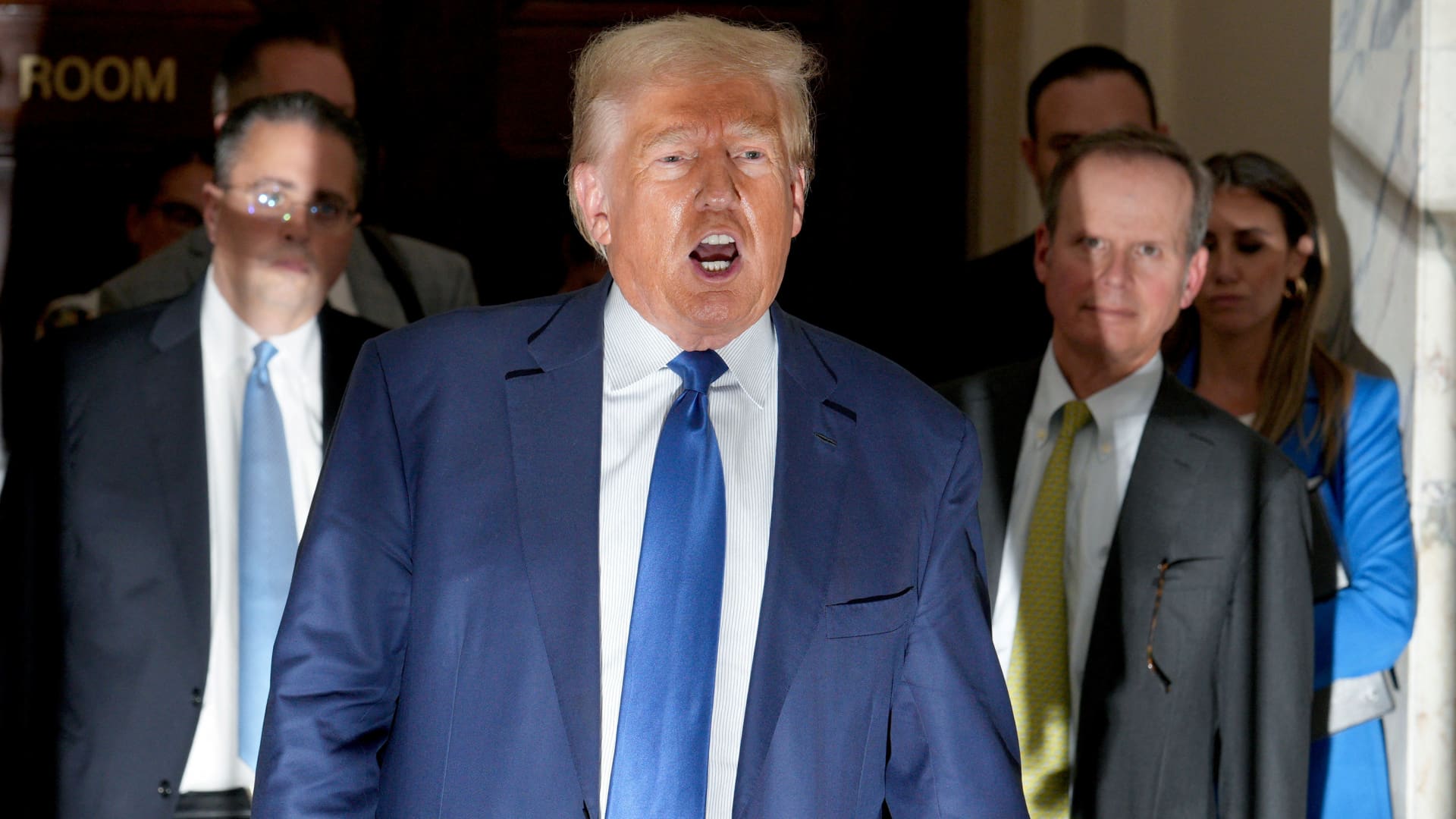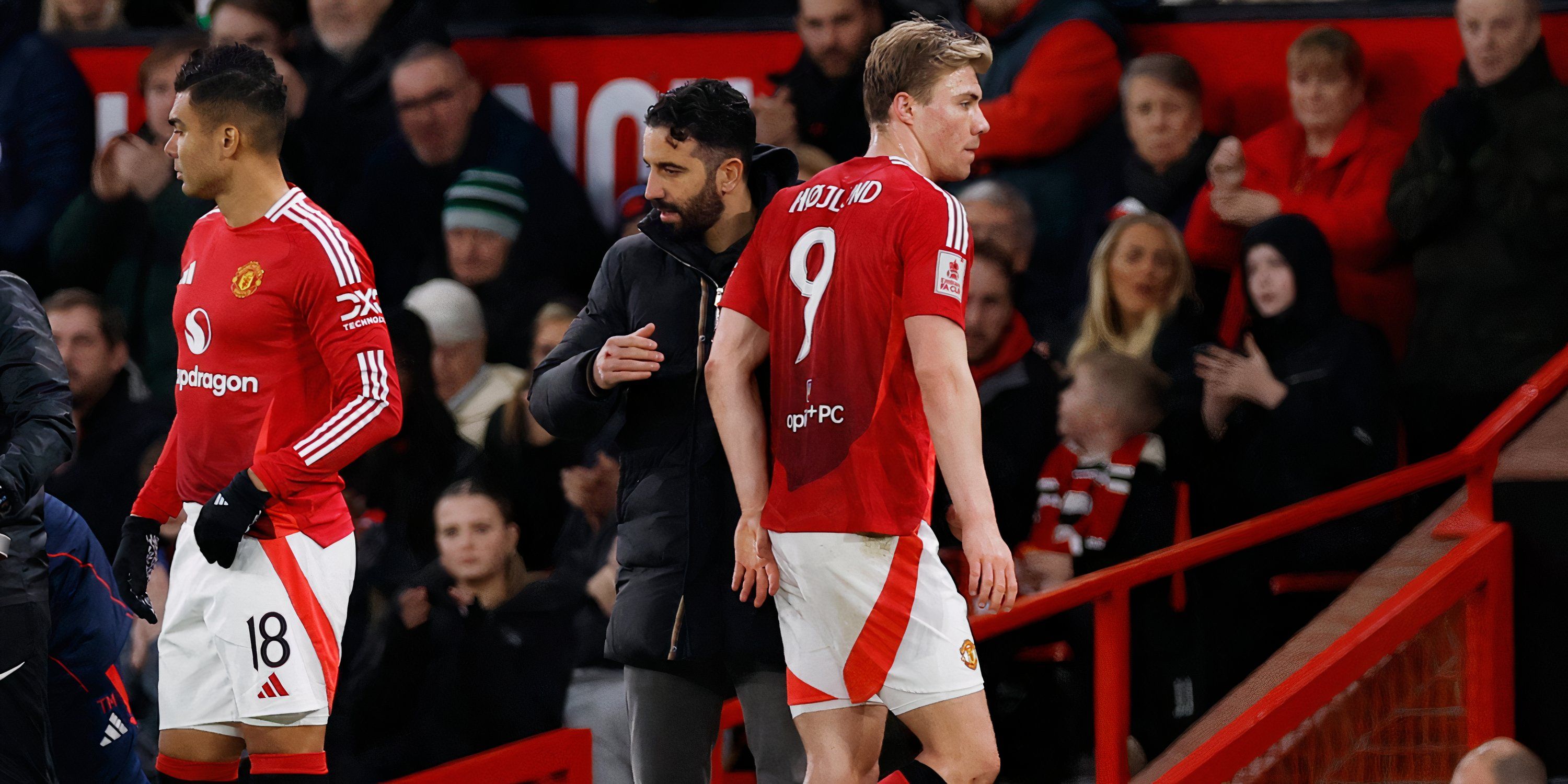The term ‘one nation’ used by the ruling Bharatiya Janata Party to emphasise uniformity over diversity, took on a different meaning here. Nobody was monochromatic, everyone was a rainbow of multiple histories:
“All religions and castes are my relations,” said Amitabh Pawdekar about the many interfaith and intercaste unions in his family.
“My parents are intercaste and I’m married to a transwoman,” said Bappaditya Mukherjee, founder of Prantakatha in Kolkata. “The state doesn’t recognise my marriage.”
Shabana said she and Manish declared their love for each other in 2002, largely unaware of the riots that happened in Gujarat that year. They married secretly in an Arya Samaj ceremony before they began the process of convincing their respective parents. But Shabana got a reality check when she was ushered into a room separately to complete a purification ritual before she could marry under the Hindu law. Shabana and Manish were one of many couples who have been helped by Dhanak of Humanity, started by Ranu Kulshrestha and Asif Iqbal nearly two decades ago after they discovered how difficult it was to register their wedding under the Special Marriage Act.
There were other harsh realities to face too. Kathir from Chennai-based Evidence said he had conducted fact-finding exercises in 120 honour killings. Like that of Sripriya, from the Kallar community, who married Bhadrakali, a Dalit. The engineers went against the wishes of their family. One day her father arrived with sweets, flowers and fruits. He tried to convince her to go back and, when she refused, his companions hacked her to death. “When I visited Sripriya’s home the next day, the fruits and sweets were still there,” Kathir said. When he asked the imprisoned father if his caste was more important than his daughter, the man replied: “It is more important than god.”
Ranjit from Latur-based ANIS (Maharashtra Andhashraddha Nirmulan Samitee) had some tips for intercaste couples who wanted to marry: “Before you marry, convince your family. At least one of you must be working. As they say, ‘Prem bhakri det nahi’ (love doesn’t pay the bills). Improve your habits. Adjust but don’t compromise. Find cultural balance. Don’t say in yours it’s like this, but in ours we do it another way. Reflect and stop this discussion.”
When the microphone acted up, keynote speaker and well-known Marathi playwright Atul Pethe joked that it was a metaphor for our times. “Our awaaz (voice) is stopped by someone or the other. Even technology is trying to shut us down but technology doesn’t know we have both the desire and strength to speak up.” And the religion of love.
















